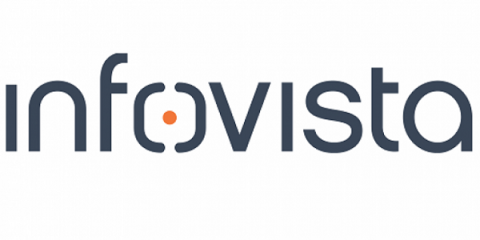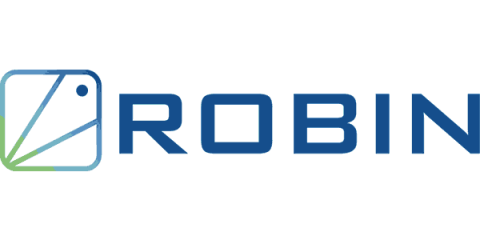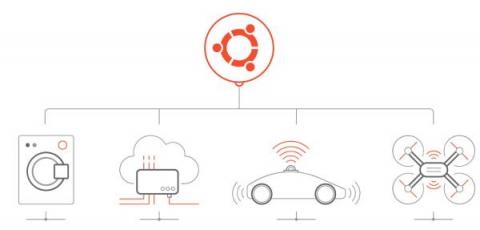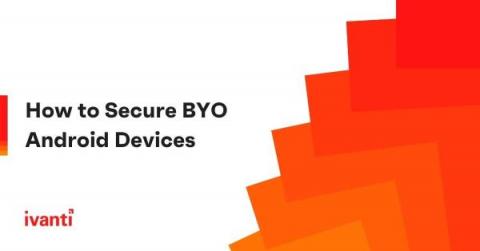Operations | Monitoring | ITSM | DevOps | Cloud
Latest News
STL and Robin.io Announce Strategic Collaboration to Deliver Core Technologies to Empower 5G Stacks for Enterprises and Cloud Service Providers
What Are the Benefits and Features of Inventory Management Mobile Application?
Nowadays mobiles are an important part of the business. But a few years back the mobile was considered just a tool used for communication but as technology evolved the mobile also evolved and new features are installed and now the mobile is an essential part of the business. If a business is not equipped with a mobile, then business suffers. That is why organizations ensure that their application and website are mobile-friendly.
Build more resilient mobile apps with Flutter Crash Reporting
Powered by the Dart language, Flutter is one of the fastest-growing cross-platform programming frameworks in the world. Since its release in 2017 it has been empowering developers to build mobile apps that work seamlessly across iOS and Android with a single code-base. If you're a Flutter developer, you'll already know the importance of building better quality software, faster - after all, it was made for that very reason. That's why today, Raygun is proud to bring you Flutter support Crash Reporting. This highly requested release gives you complete visibility into the health of your Flutter applications, with rich diagnostics that take you to the root cause of errors and crashes.
Decoding Kubernetes: Is Robin the industry's answer to enterprise demands?
If the last few years have taught us anything, it is that digital transformation is an inevitable reality for all industries, across the globe. Enterprises are running thousands of applications to deliver to growing customer needs. Data centers are continuously evolving to cater to these applications, with yesterday’s siloed, on-premises versions eventually making way to the hybrid cloud models that we see today.
The rise of private 5G: Why enterprises are pushing play on private 5G deployments
Private 5G is becoming the technology of choice for organizations worldwide. Especially with the advent of Industry 4.0, private 5G has gained traction in emerging sectors, like smart manufacturing, where low latency, high capacity and data security are all critical parameters to business success. Recent studies have revealed that private 5G is becoming a key business strategy for CIOs, with the vast majority planning to deploy it in standalone or hybrid ecosystems within the next two years.
Bytecode transformations: The Android Gradle Plugin
This is the first part of a blog post series about bytecode transformations on Android. In this part we’ll cover different approaches to bytecode manipulation in Java as well as how to make it work with Android and the Android Gradle plugin. In the next two parts we’ll dive into the actual bytecode, bytecode instructions and how we can modify the bytecode and inject our own instructions, using Room as an example.
Canonical joins Magma Foundation
We at Canonical, the company behind Ubuntu, are pleased to join hands with the Magma Foundation. Magma connects the world to a faster network by providing operators an open, flexible, and extendable mobile core network solution. Its simplicity and low-cost structure empower innovators to build mobile networks that were never imagined before. We decided to support this open source project because of our wider telco efforts.
How to Secure BYO Android Devices
Two-thirds of US white-collar employees are working from home some or all of the time, according to a September 2021 Gallup survey – and of those, 91 percent hope to continue to do so even after the pandemic. In this Everywhere Workplace environment, a “bring your own device” (BYOD) policy is an appealing proposition for employees and IT departments alike, leading to an average annual savings of $350 per employee and a 34 percent increase in productivity.








